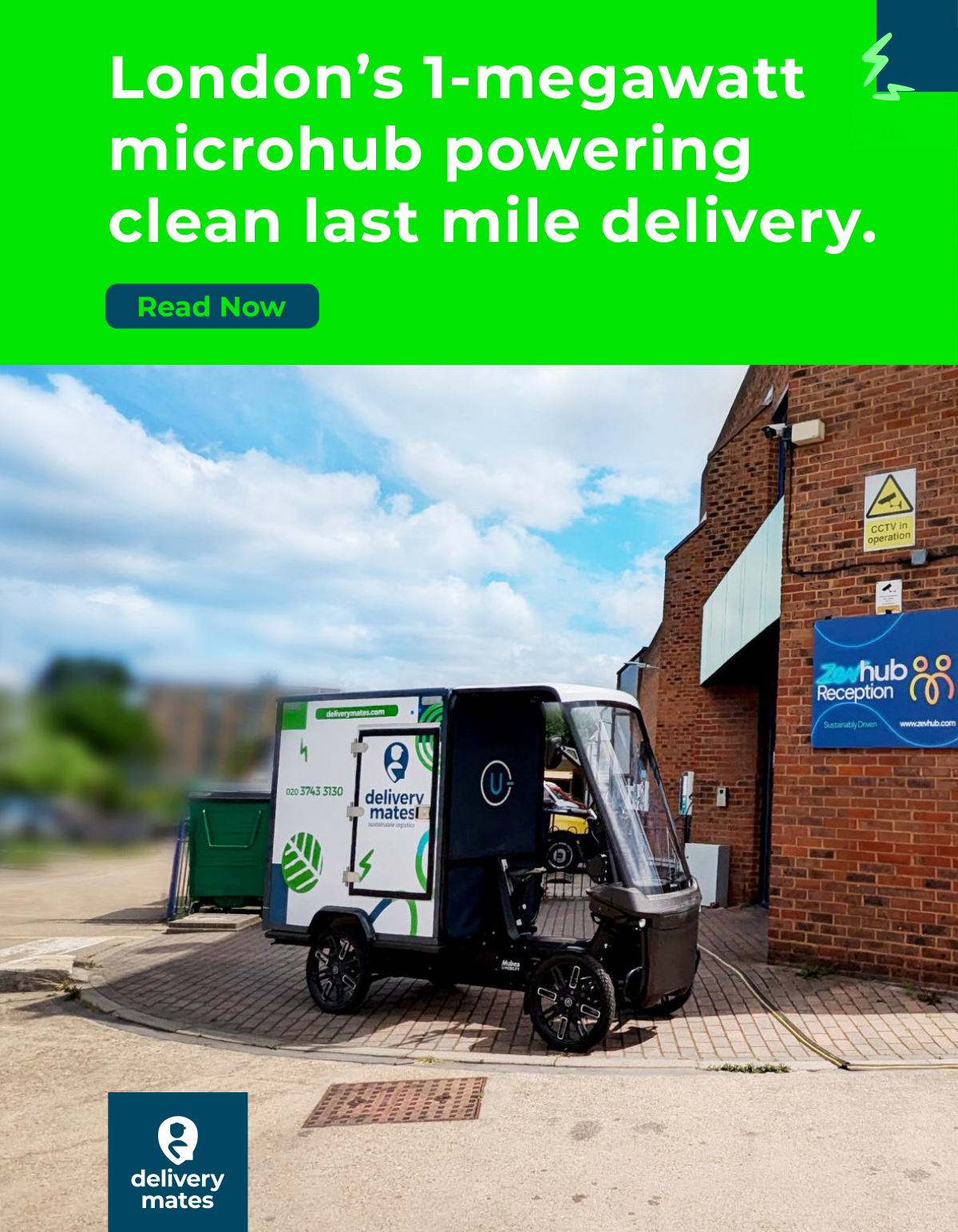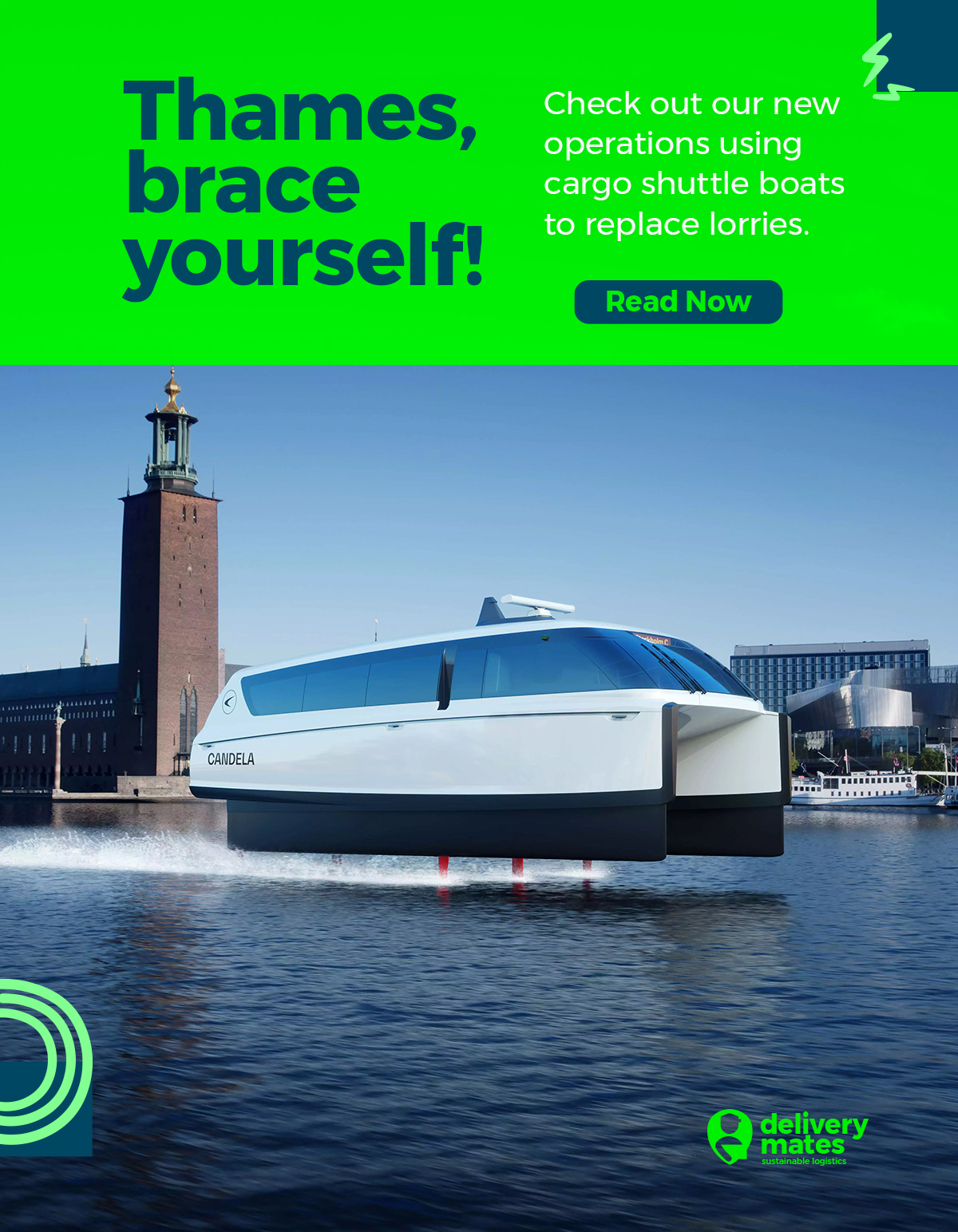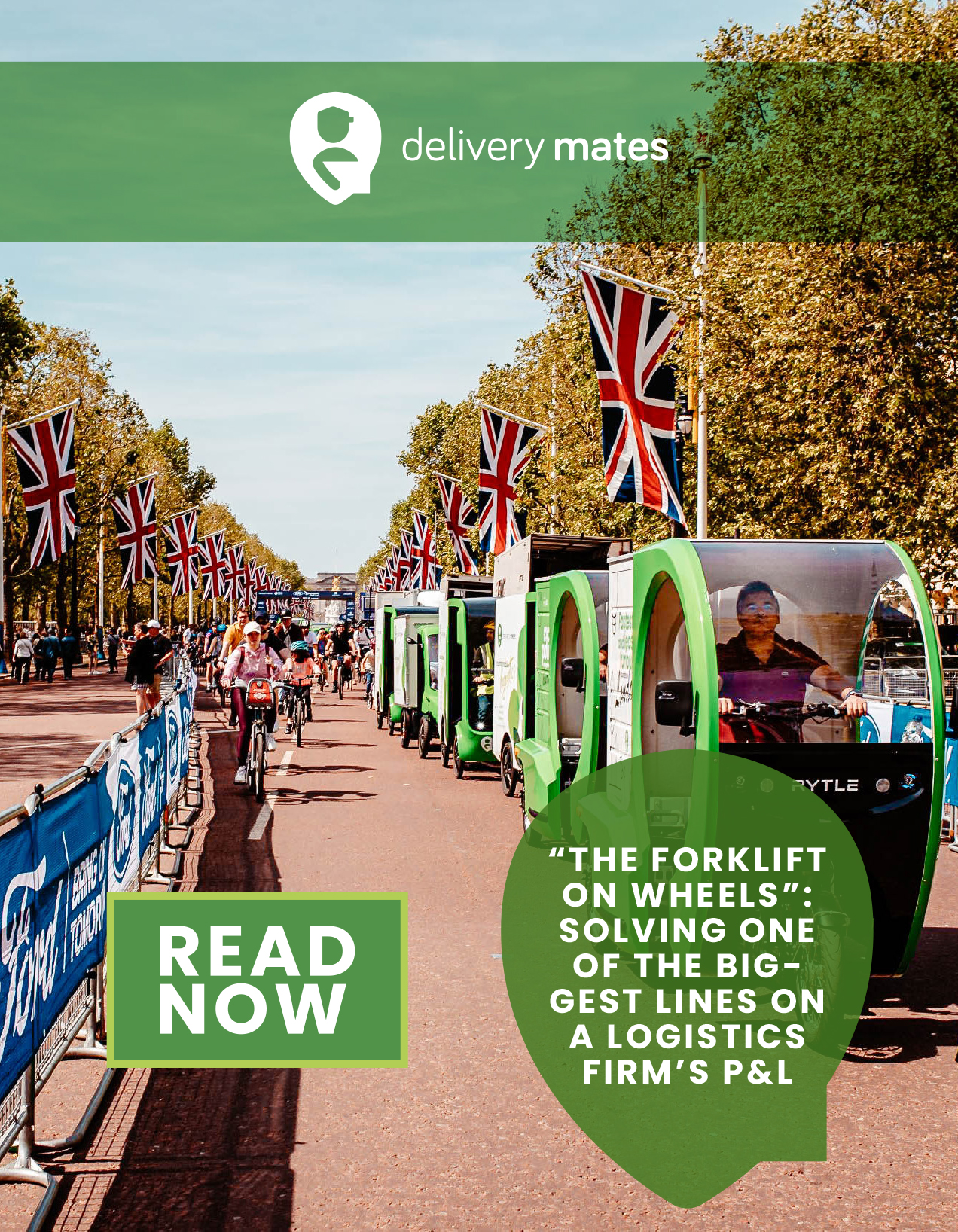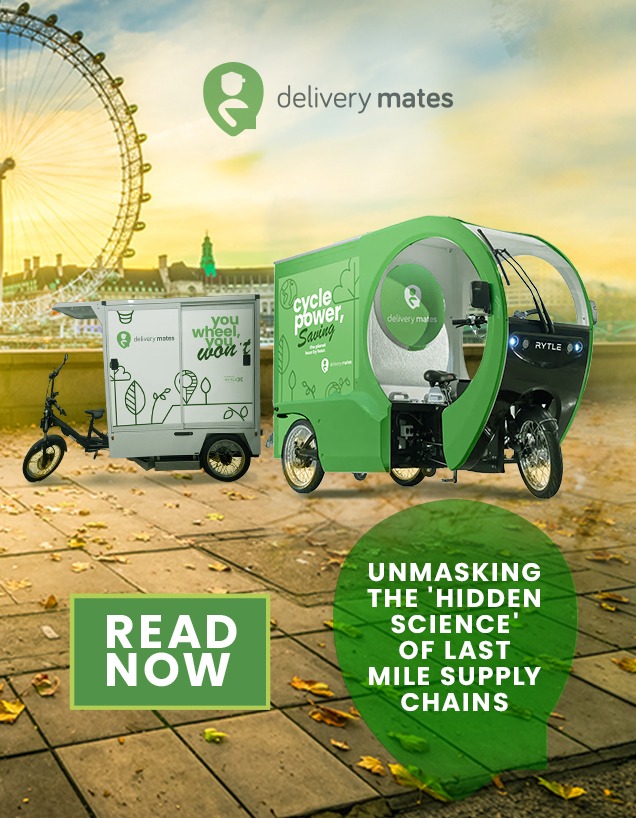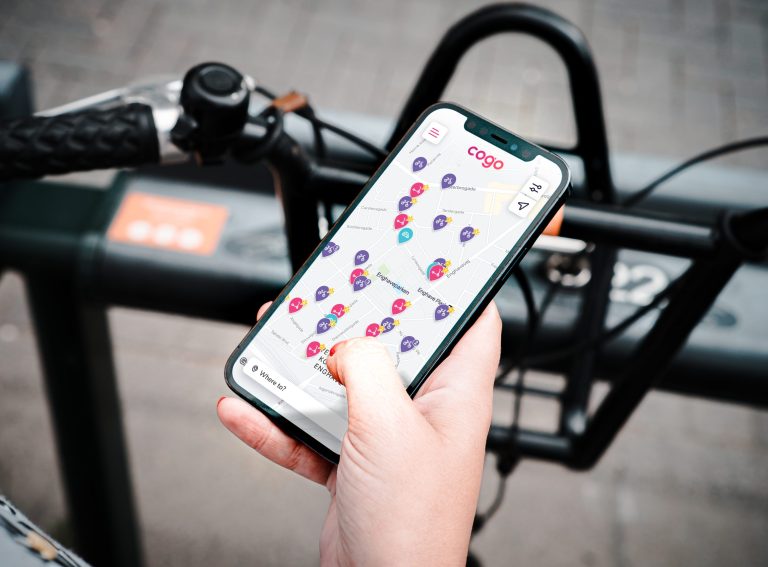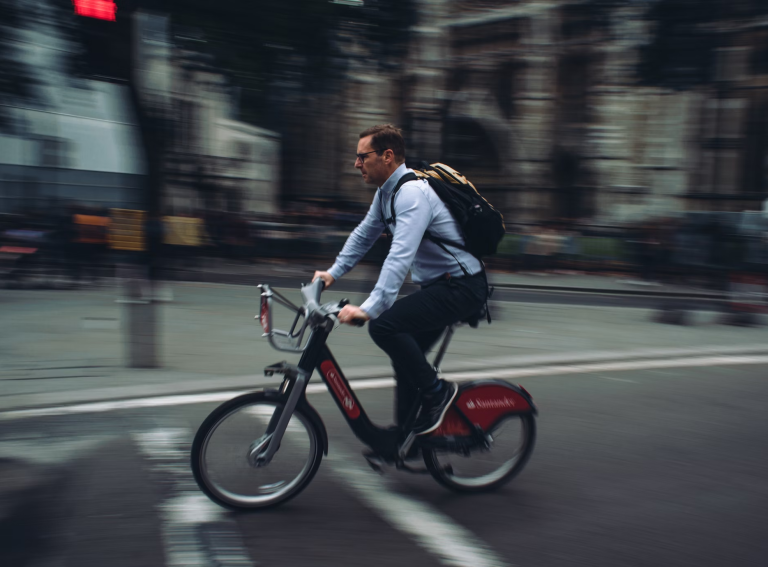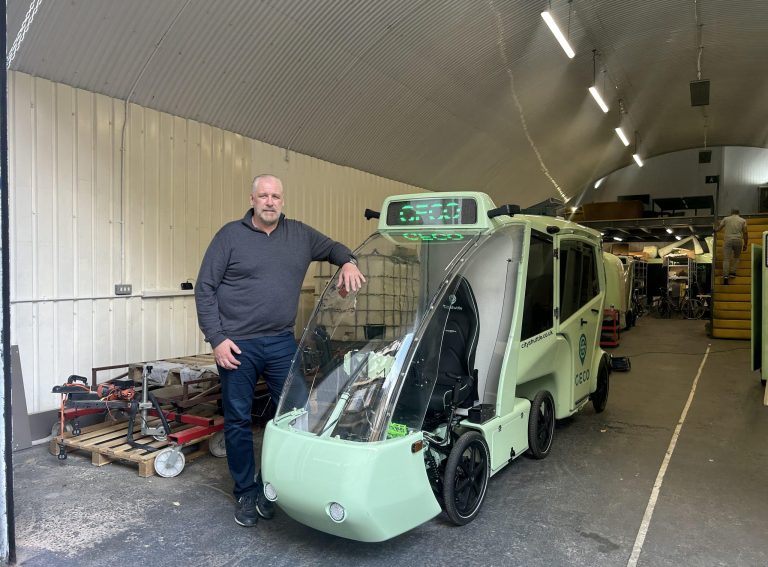Twelve drivers living in the city of Oxford have taken part in a research project giving up their cars for three weeks to compare their experiences to a typical week of driving.
The project, which was conducted by climate charity Possible, Low Carbon Oxford North (LCON) and the ESRC Centre for Climate Change and Social Transformations (CAST), recorded the experiences of the 12 participants and logged their travel for the duration of the experiment.
10 in 12 participants said they will now permanently reduce their car use. Day-to-day transport emissions were slashed by 53% on average, with some participants almost eliminating all transport-associated CO2 emissions.
“The report shows that all the participants in the challenge were interested in reducing their car-use but just needed the motivation, structure and support to actually do that,” Izzy Romilly, Sustainable Transport Manager at Possible, told Zag Daily.
“When we put this structure in place to help break the routine of driving, it became possible for people to reduce car use by a very significant amount. They just needed an incentive to do it.”
Participants were offered free bicycle training before the challenge began, and were supported by LCON project officers who offered guidance on walking and cycling, public transport and car sharing.
Research insights
Following the project, participants reported improved mental health and wellbeing such as feeling in a better mood, having more ‘headspace’ to think and more time to socialise.
Physical health also improved – one participant recorded weight loss, one said they felt fitter and stronger from cycling, and two participants who were already active runners and cyclists said they ran and cycled more during the challenge.
Other participants recorded saving money from not using a car, and the report found the average amount spent on car ownership and use per year among participants to be £3,568.
Three participants said they would make a significant lifestyle change as a result of the project, such as giving up their car for good.
The data in action
Also highlighted from the individual experiences of the 12 participants are the barriers to car-free living, and the report outlines the type of support residents found most helpful in leaving their cars behind.
It makes a series of recommendations including: organised motivational initiatives and the promotion of active travel benefits, personal travel advice about local alternatives, safe walking routes and ensuring that affordable amenities are placed in local areas to avoid the need to travel out-of-town.
The report calls for more readily available cycle training, safe cycle routes, affordable cargo bikes, public awareness of car clubs, and the reliability of local buses through bus priority measures.
According to Possible, the UK needs to reduce car miles by at least 20% by 2030 to hit its climate goals. To achieve this, the city of Oxford has implemented the ambitious strategy of reducing one in four car trips by 2030 and delivering a net-zero transport network by 2040.
“The UK’s climate goal means giving people more choice about how they travel by making environments friendlier for walking and cycling. The government also needs to take big action to make public transport more affordable and accessible.”
Possible is taking its car-free challenge further by encouraging the public to go without a car for the whole of June. Last year’s car-free challenge had 1000 people take part.

